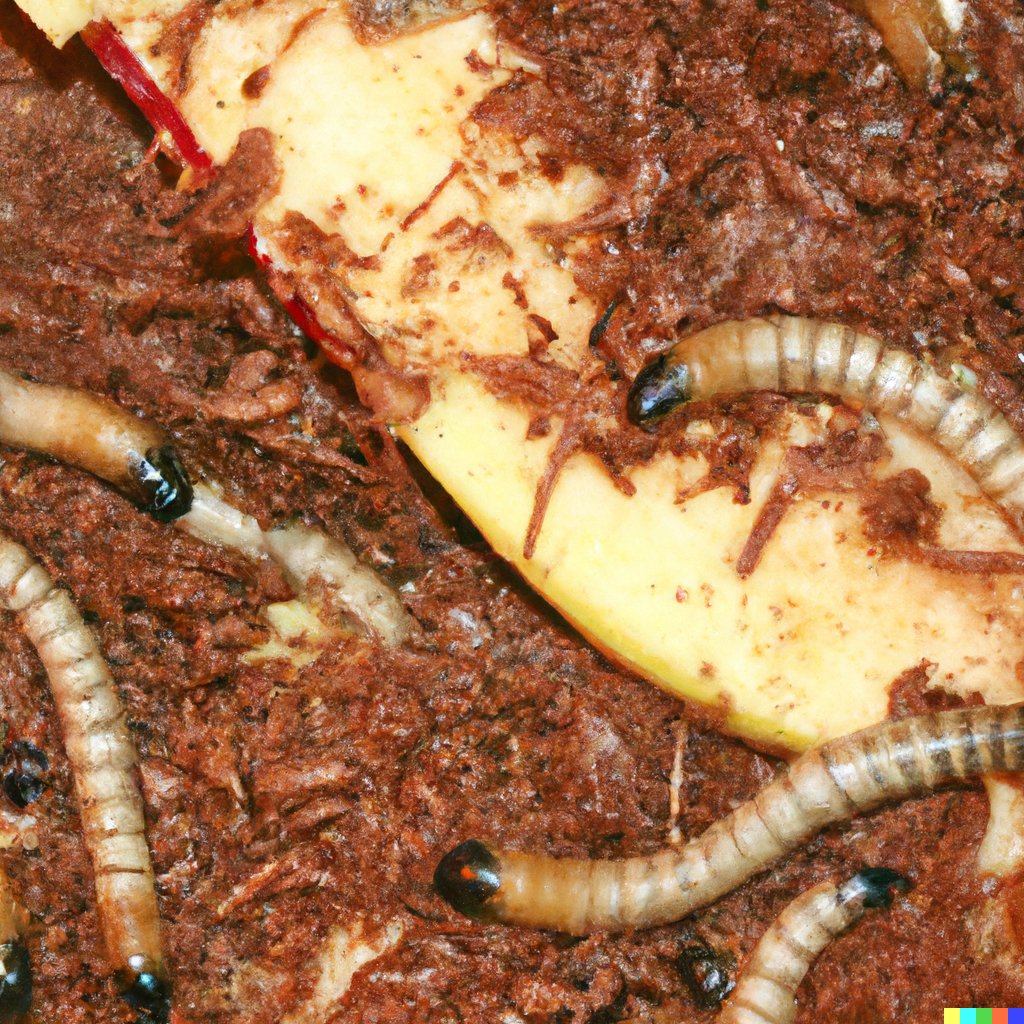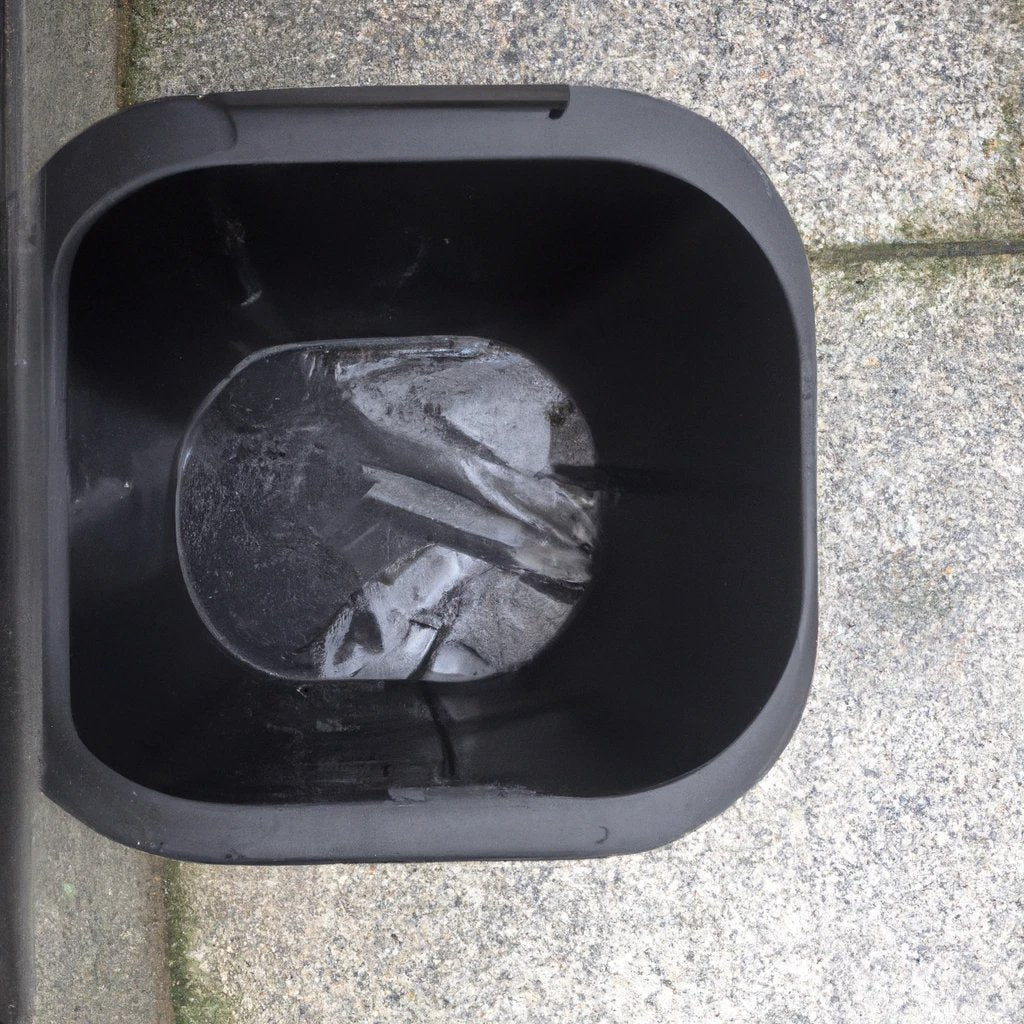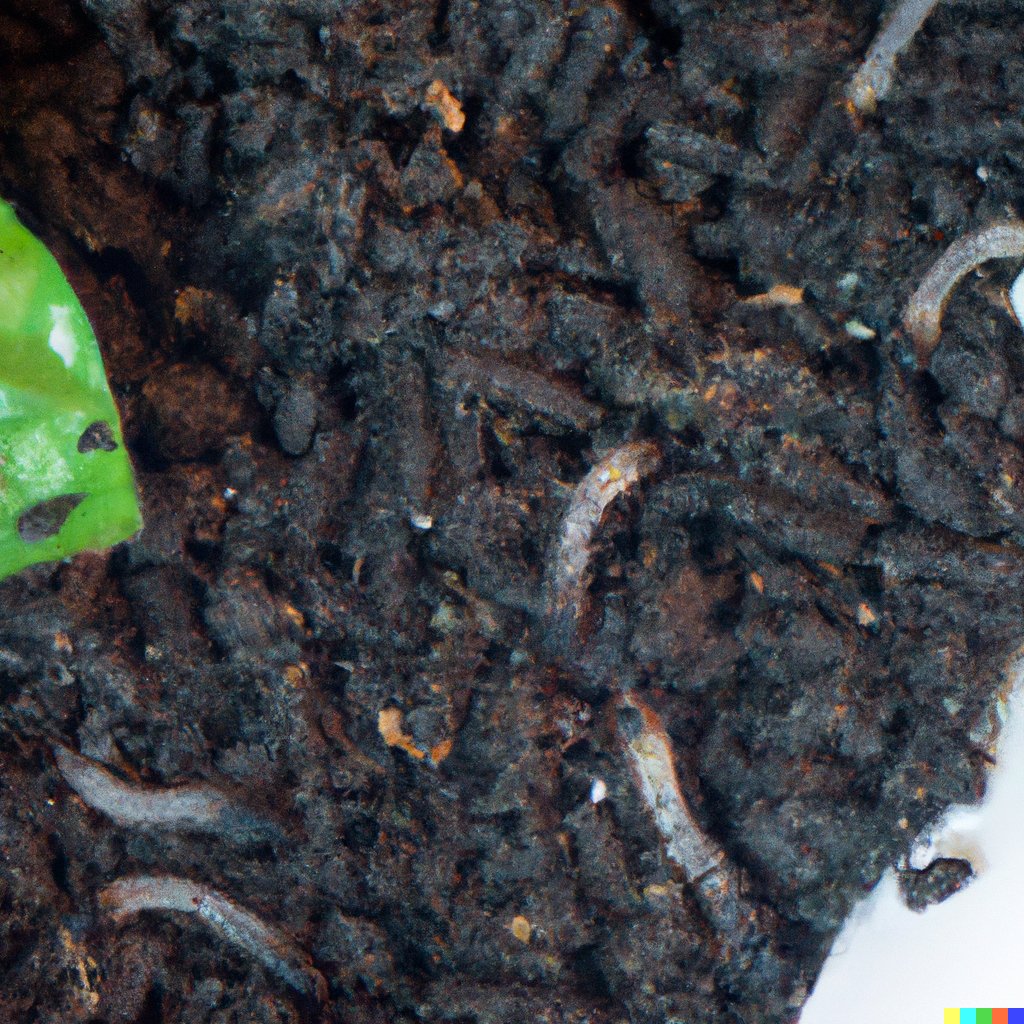
Sustainable food waste disposal is essential to minimize environmental impacts and maximize resource utilization. Food waste is a significant global challenge, but by adopting sustainable practices, we can turn it into an opportunity to create a more circular and eco-friendly food system. Here are some key strategies for sustainable food waste disposal:
1. Source Separation and Collection
Implementing source separation programs at households, businesses, and institutions is a fundamental step in sustainable food waste disposal. By segregating food waste from other waste streams, it becomes easier to divert it to appropriate recycling or composting facilities.
2. Composting
Composting is a sustainable and natural way to recycle food waste. Organic waste, including food scraps and plant-based materials, can be composted, turning them into nutrient-rich soil amendments. Community composting initiatives and backyard composting can significantly reduce the amount of food waste sent to landfills.
3. Anaerobic Digestion
Anaerobic digestion is a controlled decomposition process that breaks down organic waste in the absence of oxygen, producing biogas and nutrient-rich digestate. Biogas can be used as a renewable energy source, while digestate can be used as fertilizer, creating a closed-loop system.
4. Food Waste-to-Energy Conversion
Innovative technologies can convert food waste into renewable energy through processes like pyrolysis or gasification. These technologies can generate bioenergy while reducing the overall waste volume.
5. Food Rescue and Donation
Collaborating with food rescue organizations can divert surplus edible food from becoming waste. Instead, it can be redistributed to those in need, reducing food waste and addressing food insecurity.
6. Educational and Awareness Campaigns
Raising awareness about the importance of sustainable food waste disposal is crucial. Educational campaigns can inform individuals, businesses, and communities about the environmental impacts of food waste and the benefits of adopting sustainable practices.
7. Supporting Policy Initiatives
Governments can play a significant role in promoting sustainable food waste disposal. Implementing regulations that encourage composting, support food rescue efforts, and incentivize circular food systems can drive positive change.
8. Community Engagement
Engaging communities in sustainable food waste disposal initiatives fosters a sense of ownership and responsibility. Encouraging participation in composting programs, community gardens, and food rescue activities strengthens sustainable practices.
9. Partnerships and Collaboration
Collaboration between various stakeholders, including local governments, businesses, nonprofits, and academic institutions, is vital to creating a holistic and effective approach to sustainable food waste disposal.
10. Measuring and Monitoring Progress
Regularly measuring and monitoring food waste generation, diversion rates, and the environmental impact of disposal methods can help track progress and identify areas for improvement.
Frequently Asked Questions (FAQs)
Q1: What is sustainable food waste disposal?
A1: Sustainable food waste disposal refers to the environmentally conscious management of food waste through methods like composting, anaerobic digestion, and food rescue, aiming to minimize waste and maximize resource utilization.
Q2: How can source separation and collection help in sustainable food waste disposal?
A2: Source separation involves separating food waste from other waste streams at its origin. This enables efficient collection and diversion of food waste to appropriate recycling or composting facilities.
Q3: What is composting, and how does it contribute to sustainable food waste disposal?
A3: Composting is a natural process of decomposing organic waste, including food scraps and plant-based materials, into nutrient-rich soil amendments. It reduces the amount of food waste sent to landfills and contributes to a circular food system.
Q4: How does anaerobic digestion play a role in sustainable food waste disposal?
A4: Anaerobic digestion is a controlled decomposition process that breaks down organic waste in the absence of oxygen, producing biogas and nutrient-rich digestate. It offers a sustainable way to convert food waste into renewable energy and fertilizer.
Q5: What are food waste-to-energy conversion technologies?
A5: Food waste-to-energy conversion technologies, like pyrolysis and gasification, convert food waste into renewable energy sources, such as bioenergy, while reducing the overall waste volume.
Q6: How can food rescue and donation contribute to sustainable food waste disposal?
A6: Food rescue and donation initiatives divert surplus edible food from becoming waste and redistribute it to those in need, reducing food waste and addressing food insecurity.
Q7: What is the importance of educational and awareness campaigns for sustainable food waste disposal?
A7: Educational campaigns raise awareness about the environmental impacts of food waste and the benefits of adopting sustainable practices, encouraging individuals and communities to take action.
Q8: How can policy initiatives support sustainable food waste disposal?
A8: Governments can implement regulations that encourage composting, support food rescue efforts, and incentivize circular food systems to promote sustainable food waste disposal.
Q9: Why is community engagement essential for sustainable food waste disposal?
A9: Engaging communities in composting programs, community gardens, and food rescue activities fosters a sense of responsibility and ownership, driving the adoption of sustainable practices.
Q10: Why is measuring and monitoring progress important for sustainable food waste disposal?
A10: Regularly measuring and monitoring food waste generation, diversion rates, and environmental impacts help track progress and identify areas for improvement in sustainable food waste disposal practices.
Conclusion
Sustainable food waste disposal is a critical aspect of building a more resilient and environmentally conscious food system. By adopting source separation, composting, anaerobic digestion, and food rescue practices, we can reduce food waste and create valuable resources from organic materials. Education, policy support, community engagement, and collaboration will all contribute to transforming food waste from a challenge into an opportunity for a more sustainable future.

















